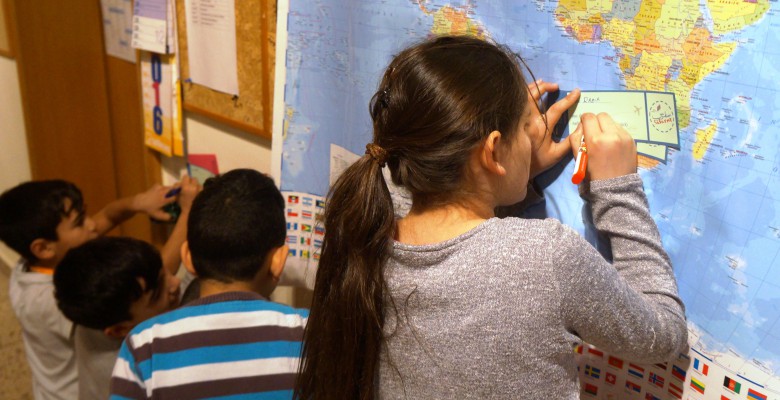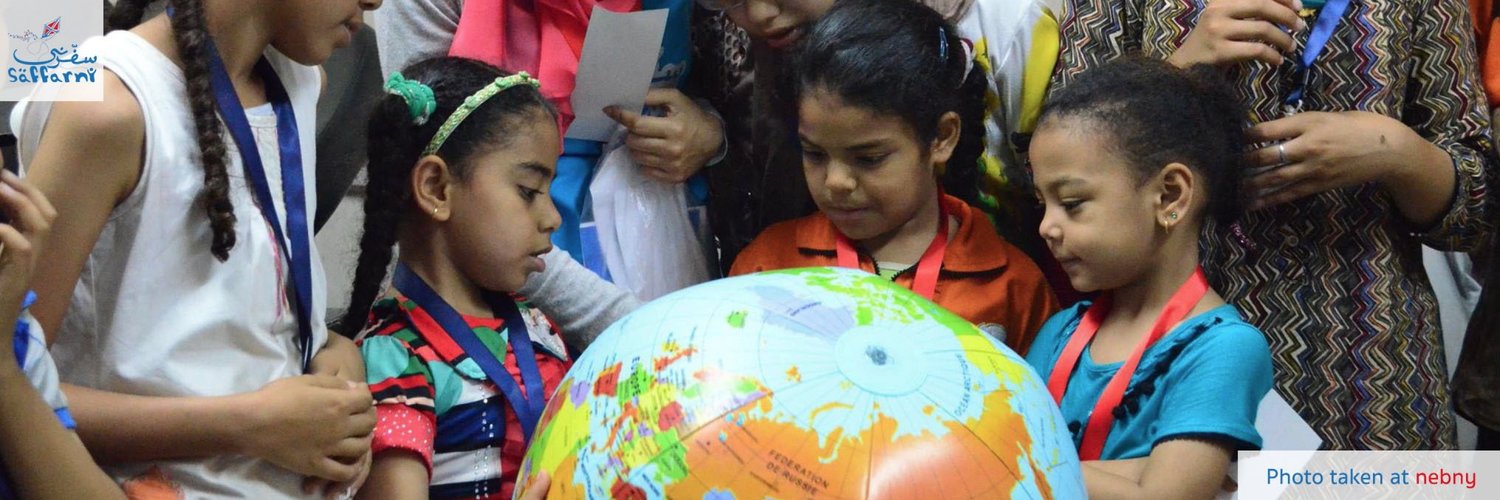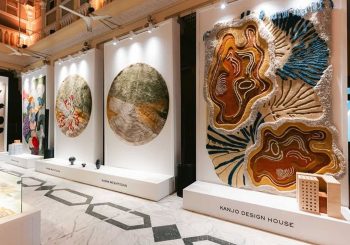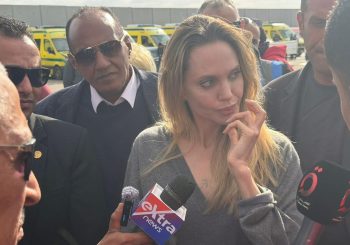Egypt’s Safarni was selected on Tuesday as one of 10 finalists for the United Nations Alliance of Civilizations (UNAOC) and BMW Group for the Intercultural Innovation Award.
Safarni is an intercultural children’s workshop; it designs and facilitates “Simulated Travel Adventures” for children with little exposure to diversity, to embrace and connect with cultures. Migrant communities are engaged to design, personalize and facilitate the intercultural content. The “Simulated Travel Adventures” then takes place over eight weeks where children can play, dance, eat and interact with locals from around the world.
In 2008, Raphaelle Ayach, founder of Safarni, was working in Madrid, Spain and studying Arabic. As she began making friends from the Arab world, she noticed herself becoming more sensitive and aware of the ever-present racism against Arabs in Europe. At the same time, she also began to notice many prejudices held by the Arab communities against Europeans.
On both sides, she was surprised to find intelligent people holding tight to their fears of “the other”. Usually, these fears were not based on actual encounters with people from the community, but based on external perceptions of what they had “heard”. Raphaelle wondered to herself why these prejudices, on both sides, were suddenly so sensitive to her. She realized it was due to the fact that she was “emotionally connected” to both groups of people, that she suddenly felt solidarity she had never felt before. She was amazed at how simple friendships had the incredible power to create empathy, awareness and solidarity.
During this phase, Raphaelle also built a close friendship with intercultural facilitator Walaa Ahmed Abdel Moety. He stood by the idea that “you can never really feel empathy for someone unless that person is your dear friend or your family”.
From this idea, Safarni was born with the aim of contributing to a world where people know each other and are connected on a human level. Its philosophy is that the strongest uniting factor is human connection and empathy. This comes from immersing yourself in someone else’s reality. While some of us have the option to connect with “the other” through traveling; for much of the world, this is not an option.
Thus, Safarni aims to provide its activities for children with no access to travel and little opportunities for authentic contact with diversity.
By supporting sustainable and innovative intercultural grassroots projects with the potential for expansion and replication, the Intercultural Innovation Award aims to contribute to peace, prosperity and building more inclusive societies.
The competition for the award was fierce, with 1,356 applications from 130 countries. The final rankings of the award will be announced at United Nations Headquarters on 29 November.








Comments (0)